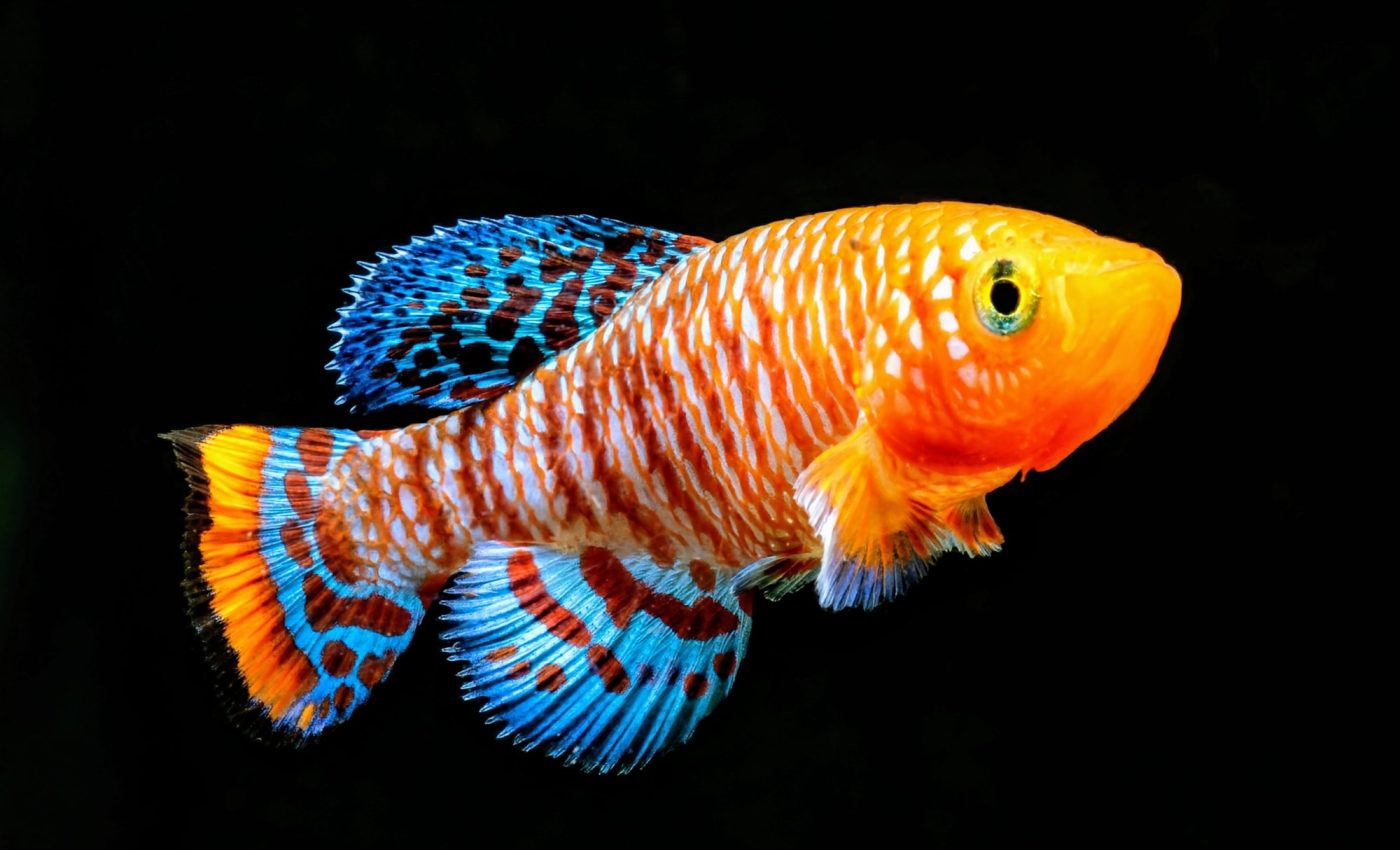
Fish find new ways to reproduce in response to predators
Dive into the fascinating world of fish, where survival and evolution interplay in such a riveting manner that you won’t resist the urge to marvel at nature’s ingenuity. You may have heard the saying “fish out of water,” but it turns out that some fish don’t mind being out of water for the sake of reproduction and survival.
Survival of the fittest: Fish-style
Nature has a way of pushing boundaries and stretching limits, and our protagonists – the humble killifish – are a notable example of this rule. Adaptability is the name of the game in the fish world, and this story illustrates that fact.
Our tale traces back to research at The University of Texas at Arlington by biology Professor Matthew Walsh and lab technician Christopher Roden. These experts of marine life dug into the evolutionary adaptability of fish, particularly focusing on how predators influence their reproductive habits.
How killifish reproduce in different habitats
The killifish, rather inconspicuous in its 2-6 inch frame, is nature’s poster child for adaptability. Found in the Caribbean’s Trinidad Island, some types of killifish are known for their unique amphibious lifestyle, living on land to escape predators.
Walsh and Roden’s research involved comparing how killifish reproduce in different habitats: some infested with predators and others that are predator-free. The team studied the intricacies of killifish nurseries, including where and how the eggs were laid and the hatching rates in water compared to on moist peat moss.
The differences in survival strategy were drastic. But the question was, could these changes occur quickly enough to counteract external pressures?
Adaptation: The hallmark of evolution
The findings of the research were just as intriguing as the experiment itself. Walsh and Roden found significant differences in egg-hatching plasticity among killifish from different habitats.
Killifish adaptability paints a promising picture of how aquatic organisms might evolve to survive under ever-changing environmental conditions.
“We knew that fish who laid their eggs externally often adapted depending on the predators in the area, but we did not know how quickly species could change to these external pressures,” noted Walsh.
The research also hints at the evolutionary future of these species in the face of external pressures like climate change.
Killifish reproduction: Key to conservation
Understanding the remarkable adaptability of killifish has significant implications for conservation efforts in aquatic environments.
As climate change and habitat destruction continue to threaten marine ecosystems, insights from this research can guide conservation strategies.
By identifying which species exhibit the greatest flexibility in response to changes in their environment, conservationists can prioritize their protection and enhance restoration projects.
Effectively managing the habitats that support these resilient species can ensure their survival while maintaining the biodiversity essential for healthy ecosystems.
Broader picture: Evolutionary lessons
The story of the killifish serves as a compelling reminder of nature’s relentless drive toward evolution and adaptation.
Across various species, the ability to adjust to changing conditions is crucial for survival. These evolutionary lessons extend beyond aquatic life; they resonate in terrestrial and aerial environments as well.
As we face global challenges such as climate change and habitat fragmentation, the principles derived from studying adaptable species like the killifish can inform our understanding of resilience in ecosystems.
Observing how these creatures navigate their survival inspires hope for the future and emphasizes the importance of safeguarding our planet’s diverse life forms.
Significance of how killifish reproduce
Why does it matter if fish change their egg-laying habits in response to predators? Think about it this way: these fishy survival strategies serve as the perfect illustration of nature’s response to external pressures. This is science at its most practical and applicable – a living laboratory of adaptability and resilience.
“Our study found striking differences in egg-hatching plasticity among killifish living in different habitats,” said Walsh.
“This research provides new insights into how aquatic organisms adapt and evolve to changes in their environment. These findings may be particularly important in predicting how species are able to adapt to external pressures, such as those caused by climate change.”
We can glean key insights into not only the survival strategy of killifish but also how life, in general, can adapt and survive in the face of severe adversity.
So next time you think about fish, remember the humble killifish, an unsuspecting hero in the grand saga of evolution and survival. Because, as our research has shown, when the going gets tough, the tough get adaptable.
The study is published in the journal Proceedings of the Royal Society B Biological Sciences.
—–
Like what you read? Subscribe to our newsletter for engaging articles, exclusive content, and the latest updates.
Check us out on EarthSnap, a free app brought to you by Eric Ralls and Earth.com.
—–













